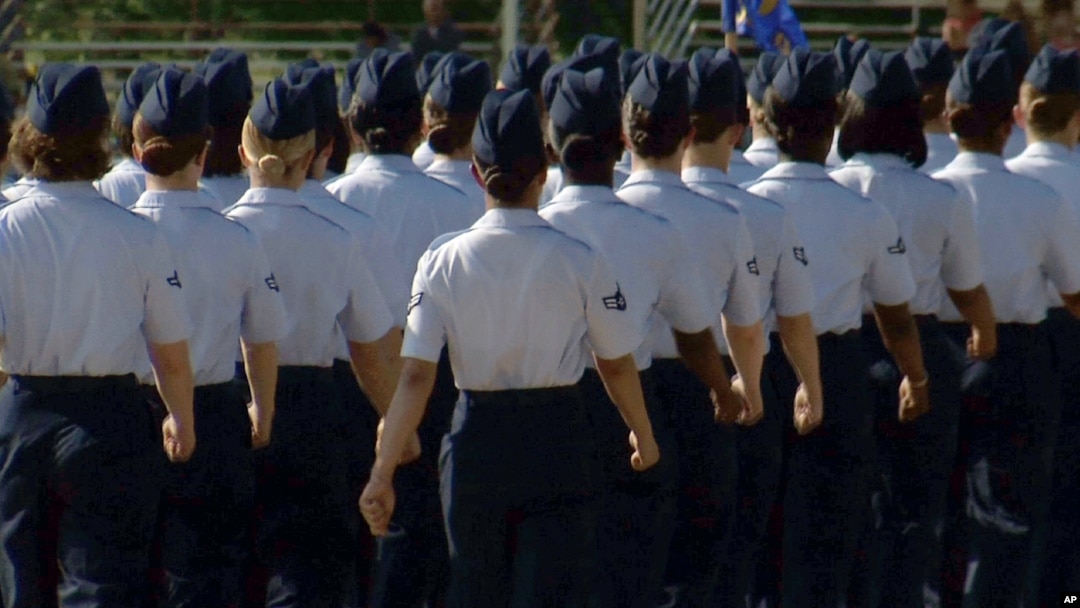The stunning scandal that forced the resignation of CIA director David Petraeus and entangled the commander of U.S. forces in Afghanistan, General John Allen, has analysts trying to decipher what may have been the causes of poor judgment, sexual improprieties and criminal acts recently plaguing the military.
In the past year, senior officers in the U.S. military have been investigated for adultery, bigamy, sodomy and other acts of misconduct.
On the same day General Allen became ensnared in the Petraeus scandal, a former four-star general who once led the U.S. Africa Command, William “Kip” Ward, was demoted for misusing taxpayer funds, military aircraft and staff.
“Well I think each individual case is serious. There is no doubt about that," said David Maxwell, a retired Army colonel now serving as the associate director of security studies at Georgetown University.
“Of course there is a lot more scrutiny now and a lot more access to information than in the past. But my gut instinct would say that these things have occurred in the past and they are probably not occurring at any greater rate than they ever have in the past, but they are much more visible.”
Retired Army General David Petraeus resigned as CIA director because of an extramarital affair.
General John Allen is being investigated for possible inappropriate communication with a woman.
Kori Schake is a research fellow at Stanford University and an associate professor at the U.S. Military Academy at West Point.
She says more than a decade of fighting wars has taken an enormous toll on soldiers and their families. “Some of the bad judgment that we are seeing is the result of weariness and people being asked a lot of for a long period of time without much respite to lay their cares down. That doesn’t by any means excuse those bad choices," she said.
Other analysts say an all-volunteer military force, representing about 1 percent of the nation, has separated those in uniform from the rest of civilian society.
They say the lifestyle of top officers could encourage bad behavior.
Retired Army Colonel Maxwell said, “To say that commanders at that level are caught up in the trappings or in the pomp and circumstance of those positions I think is a mischaracterization. Certainly some do, some have and you can’t deny that. But the vast majority of them are focused on the mission.”
U.S. Military Academy associate professor Kori Schake says in some extreme circumstances commanders might believe they have earned the right to disregard the rules of conduct.
“Some of them who have been deployed several times in the last ten years doing very hard and dangerous work for the country sometimes feel that nobody else is doing anything important for the country. And I think that is actually quite dangerous. We don’t want a military that views itself as different and better," she said.
Analysts say with the increased scrutiny of the officer corps, senior leaders will need to be ever more vigilant about their behavior.



